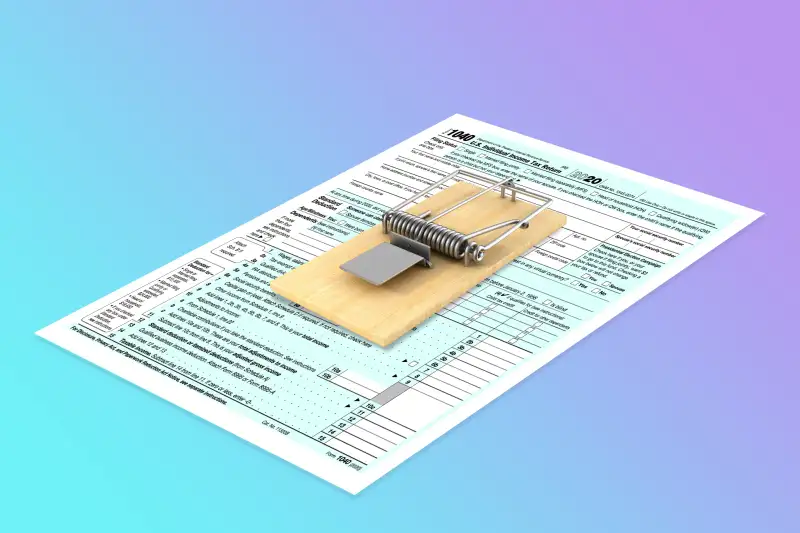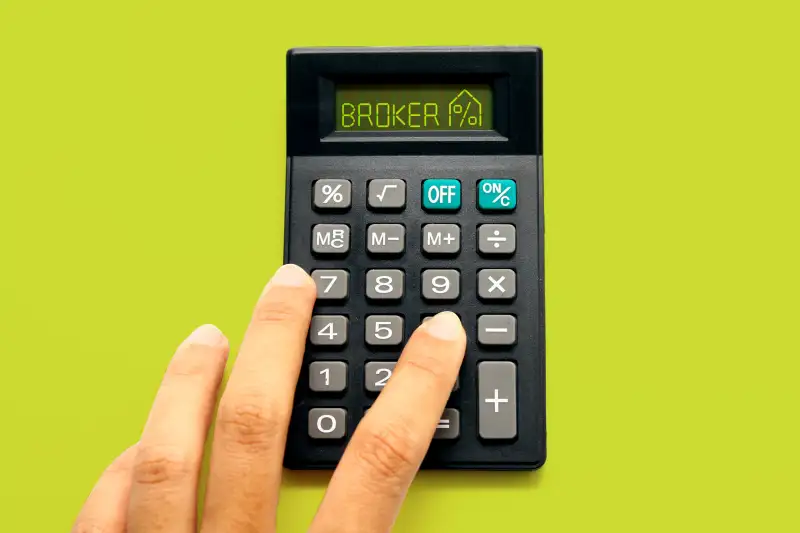Stocks making the biggest moves midday: L Brands, Estee Lauder, CureVac, Tesla & more This is a developing news story. Please check back for updates: https://www.cnbc.com/2020/08/20/stocks-making-the-biggest-moves-midday-l-brands-estee-lauder-curevac-tesla-more.html Follow @CNBCnow for breaking news and real-time market updates Unsubscribe Manage Newsletters Terms of Service Join the CNBC Panel Digital Products Feedback Privacy Policy CNBC Events © 2020 CNBC LLC. All rights reserved. A property of NBCUniversal. 900 Sylvan Avenue, Englewood Cliffs, NJ 07632 ...



Comentarios
Publicar un comentario